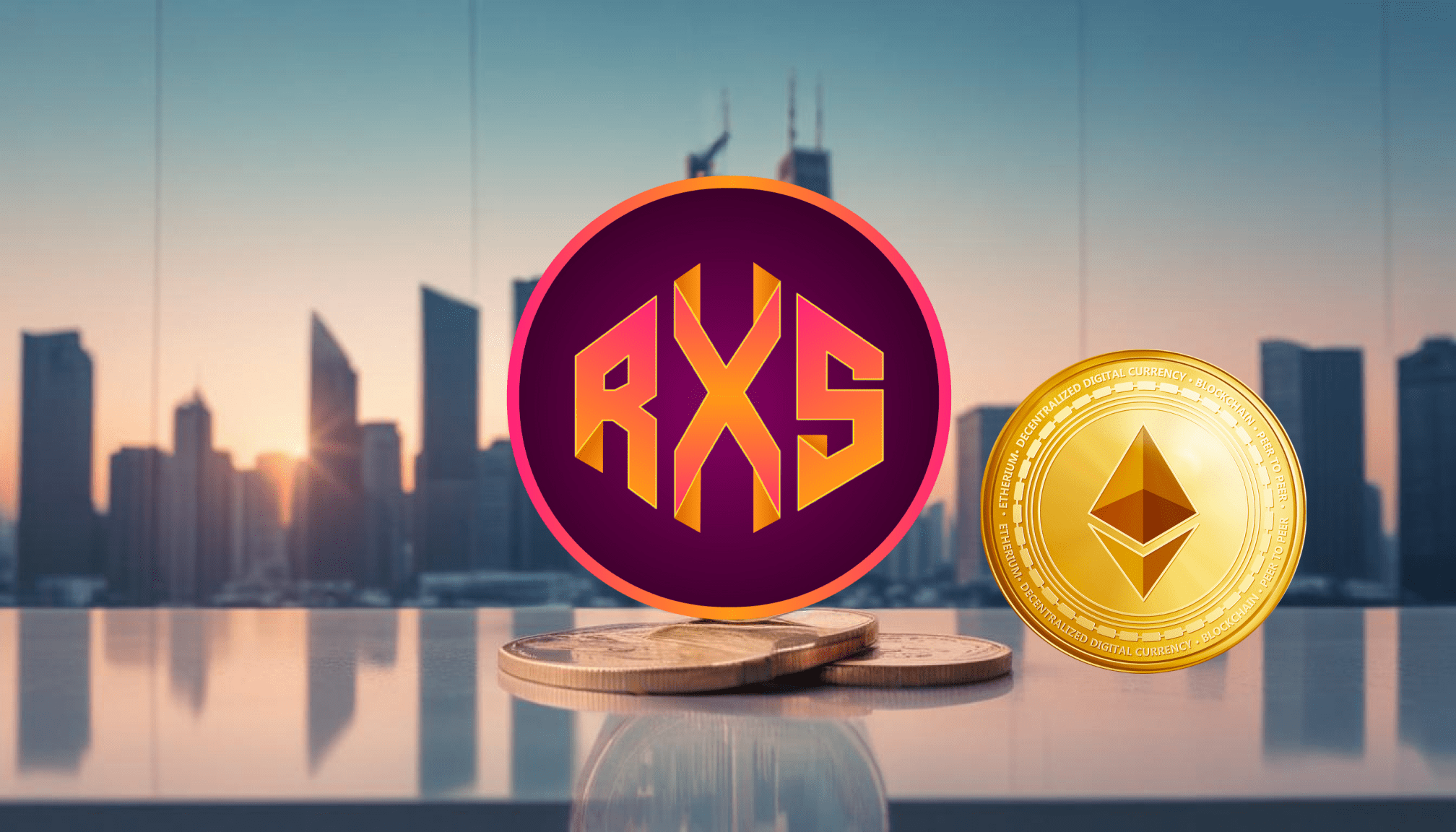Blitz News Digest
Stay updated with the latest trends and insights.
Ethereum: The Wild West of Digital Currency
Explore the untamed frontier of Ethereum! Discover opportunities, risks, and the future of digital currency in this thrilling blog post.
Understanding Smart Contracts: The Backbone of Ethereum
Smart contracts are self-executing contracts with the terms of the agreement directly written into code. They operate on the Ethereum blockchain, enabling a trustless environment where transactions can occur without intermediaries. By leveraging the decentralized and immutable characteristics of blockchain technology, smart contracts facilitate a wide range of applications, from financial agreements to supply chain management. The integration of these contracts has given rise to a new era of decentralized applications (dApps), which harness Ethereum's functionality to create innovative solutions across various industries.
One of the key advantages of smart contracts is their ability to automate complex processes, reducing the potential for human error and increasing efficiency. When certain predefined conditions are met, smart contracts execute automatically, ensuring that all parties fulfill their obligations. This not only streamlines operations but also enhances transparency and accountability. As Ethereum continues to evolve, understanding the intricacies and capabilities of smart contracts will be crucial for developers and businesses alike, positioning them to fully leverage the potential of this revolutionary technology.

Exploring the Risks and Rewards of Investing in Ethereum
Investing in Ethereum presents a unique mix of risks and rewards, making it essential for potential investors to conduct thorough research before diving in. One of the primary risks is the inherent volatility of cryptocurrencies. The price of Ethereum can fluctuate dramatically within short periods, influenced by market trends, technological developments, and regulatory news. These rapid changes can lead to significant gains, but they can also result in substantial losses. Additionally, security risks such as hacking and fraud can compromise investments. Therefore, understanding the risks associated with inexperience in the crypto market cannot be overlooked.
On the other hand, the rewards of investing in Ethereum can be quite attractive for savvy investors. As one of the leading platforms for decentralized applications (dApps) and smart contracts, Ethereum holds substantial promise for growth. The network's recent upgrades, aimed at improving scalability and reducing energy consumption, have piqued the interest of developers and investors alike. Furthermore, the increasing adoption of blockchain technology across various industries adds to the appeal of Ethereum. This potential for long-term growth underscores the importance of carefully weighing the rewards against the risks when considering an investment in this cryptocurrency.
Is Ethereum the Future of Decentralized Finance?
Ethereum has emerged as a frontrunner in the realm of decentralized finance (DeFi), offering a robust platform for developers to create innovative financial applications. With its smart contract functionality, Ethereum enables the automation of transactions, reducing the need for intermediaries and enhancing transparency in financial dealings. As more users turn to DeFi solutions for lending, borrowing, and trading, Ethereum's technology is poised to revolutionize the traditional finance landscape, making it more accessible and efficient.
However, several challenges could impact Ethereum's future in the DeFi space, including scalability, transaction fees, and network congestion. As Ethereum continues to evolve, particularly with its transition to Ethereum 2.0, the network aims to address these issues through a more efficient proof-of-stake consensus mechanism. If successful, Ethereum could solidify its position as the backbone of decentralized finance, attracting more developers and investors seeking to leverage its potential for financial innovation and inclusivity.